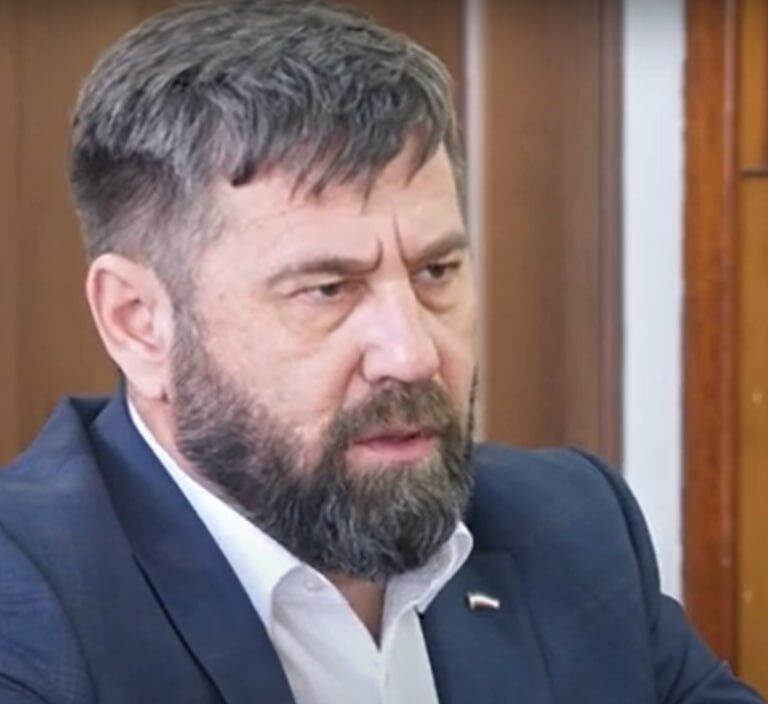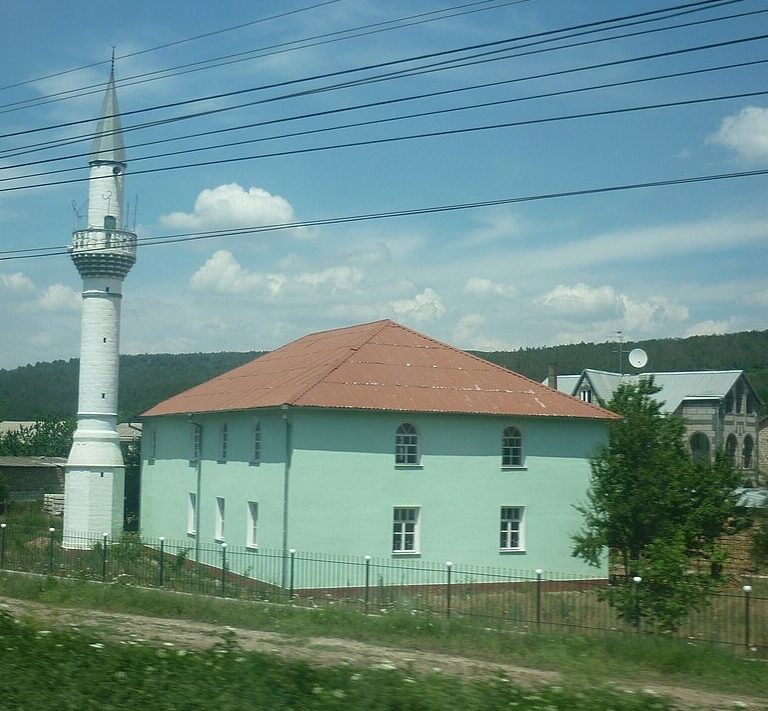On April 28, the UN Committee on the Elimination of Racial Discrimination published the Report (Concluding Observations) CERD/C/RUS/CO/25-26 on Russia’s violations of the requirements of the relevant Convention of 1965. Decisions of the Committee as a conventional control body are imperative and binding and they must be implemented by all states that are parties to the Convention.
As Professor Borys Babin points out on this issue, “the Kremlin approached the Committee’s discussion of Russian racism, or rather Nazism, with the cynicism characteristic of Moscow, including in the delegation to Geneva not only Artyom Berezovsky, the so-called “representative of the Ministry of foreign affairs of the Russian Federation in Simferopol”, but also the Crimean collaborator Ayder Tippa, the criminal “head of the state committee on international relations” from the same occupied Simferopol.”
But “for some reason”, the expert adds, Tippa and Berezovsky in Geneva began to play “stone face” because, as the Observations directly indicate, “refusal of the [aggressor’s] delegation to discuss and respond to questions posed by the Committee on issues related to the armed conflict and the situation in Crimea and the City of Sevastopol”.
The Observations directly stated the Russia’s responsibility for violations of the Convention, 1965 in all occupied territories of Ukraine, in particular under conditions of armed conflict and including the activities of the Kremlin’s “private military companies”.
The Observtions highlighted a particular focus on forced “mobilization and conscription”, particularly in the Russia-occupied territories, which disproportionately affects members of ethnic minorities, including indigenous peoples. Professor Babin reminds that the criminal mass mobilization of Crimean Tatars by the occupiers is a blatant example of such violations.
At the same time, the exceptional role of the Crimean Tatar Resource Center, which in the fall of 2022 was the first to start communication with international UN structures and an information campaign in Ukraine regarding these crimes, was pointed out, and it was stated that the ARC systematically included itself in communication with UN officials on the specified issues.
In the Observations, the Committee carefully focused on the Crimean issues, not only emphasizing the importance of the principle of territorial integrity of all UN member states, but also separately stating, precisely as forms of racial discrimination, repression against indigenous peoples in the Crimea, the destruction and damage of the cultural heritage of the Crimean Tatars, including tombstones, monuments and shrines, existing barriers to the use and study of the Ukrainian and Crimean Tatar languages in the occupied Crimea, persecution of the Mejlis and its members, repression against human rights defenders and journalists, etc.
As Professor Babin points out, the Observations will be important in the processes at the International Court of Justice and the International Criminal Court, the ECtHR, etc., where the document will necessarily be taken into account, and ending with countering the aggressor’s “Olympic” provocations.
He adds that “the officials of the IOC will have to study the Observations, which clearly states that the systemic policy of Russia is exactly racial discrimination, in fact – Nazism, and therefore the discussion of any concessions to Moscow is a direct promotion of racism”. Also, the expert points out, this document is important in the dialogue with “neutral” countries because they cannot deny the conclusions of this document and are obliged to oppose the racists in power in the Kremlin.
This is very useful for work in the countries of Africa, Asia, and Latin America, whose peoples must clearly understand that any flirting with the Kremlin is the promotion of racism – the evil from which these peoples have undoubtedly suffered too much.







